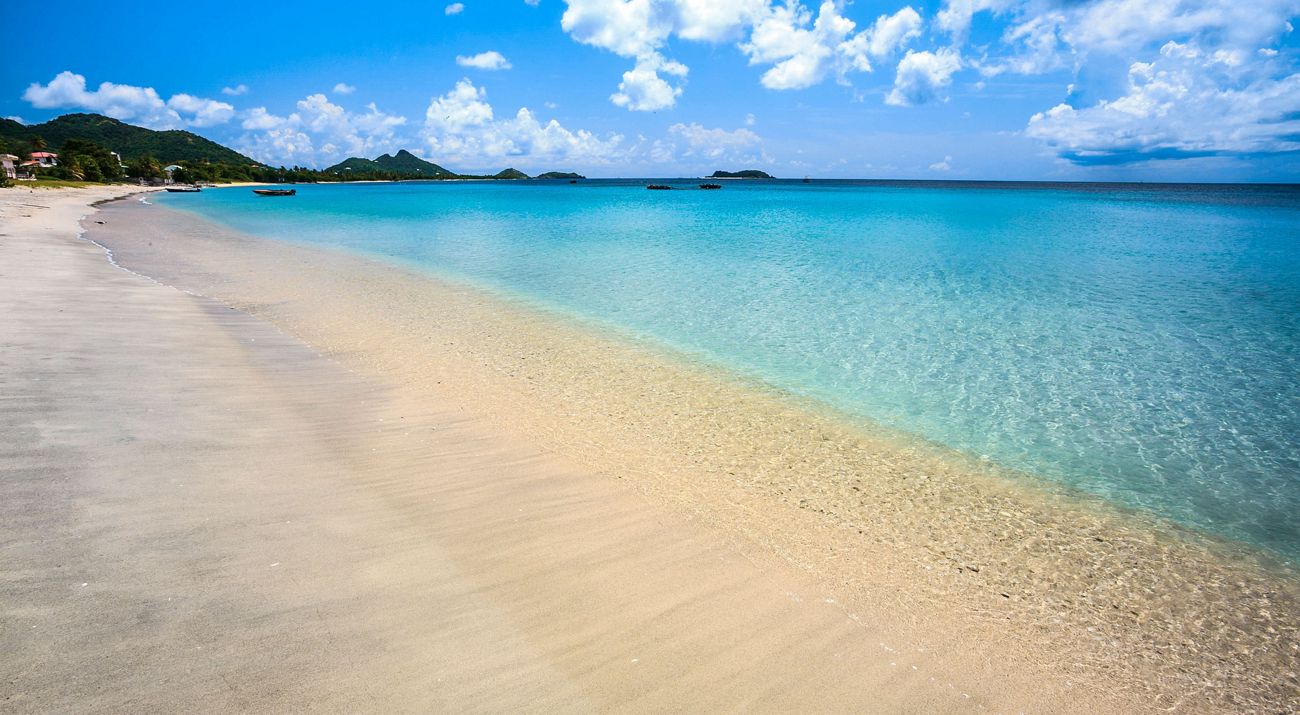
Caribbean Challenge Initiative
Through a historic collaboration, countries and territories across the region are committing to protect and manage more ocean than ever before.
Launched by TNC and global partners, the Caribbean Challenge Initiative (CCI) is an endeavor of unprecedented scope. CCI countries and territories commit to:
- Conserve at least 20% of their nearshore environments by 2020 (the 20-by-20 goal)—effectively tripling marine protected area coverage in the region
- Ensure that these conserved areas are effectively managed into the future through a reliable, long-term finance structure
To date, eleven countries and territories have joined the CCI: The Bahamas, British Virgin Islands, Dominican Republic, Grenada, Haiti, Jamaica, Puerto Rico, Saint Kitts & Nevis, Saint Lucia, Saint Vincent & the Grenadines and the U.S. Virgin Islands.
Why Is the CCI a Critical Step for the Caribbean?
The Caribbean contains some of the world’s richest marine biodiversity, and lives and livelihoods throughout the region directly depend on healthy marine and coastal resources. But today, these resources are increasingly threatened by unsustainable development, pollution, overfishing and climate change. Coral reefs, which provide marine habitat and protect coastlines, are dying rapidly and several species of commercially important fish are overexploited. Devastating tropical storms in recent years have made evident the dangers that island communities face, particularly in the Caribbean where 70% of the population lives along coastlines.
How It Works
To provide countries and territories with the long-term support needed to achieve their CCI commitments, the Caribbean Biodiversity Fund (CBF) was established. The CBF, funded by TNC, the German Government (BMZ and KfW), The World Bank Group and the Global Environment Facility, is a $42 million regional endowment that channels funds into National Conservation Trust Funds set up in each CCI country. These funds are matched by revenue raised by CCI governments via sustainable finance mechanisms, such as tourism fees. TNC committed to raising $8 million towards the CBF—a goal that has been achieved through generous private philanthropy funds.
Together, the CCI and CBF support natural and socioeconomic resilience in the Caribbean at a scale that has never been seen in the region. The initiative will result in 21 million acres of new protected areas—roughly the size of South Carolina—and promotes a nature-based approach to building climate resilience that can serve as a model in a world gravely threatened by climate change. It also supports the tourism industry, on which so many Caribbean livelihoods rely, and fosters sustainable management of fisheries.
Real Progress Is Underway
Already, meaningful and lasting progress has been made. Five of the 11 CCI countries and territories have already met or exceeded their 20-by-20 goal: the Dominican Republic, Haiti, Puerto Rico, St. Kitts and Nevis, and the U.S. Virgin Islands.
The Dominican Republic declared just over 3.2 million acres of newly protected area that protects coral reefs, sharks and sea turtles. The Bahamas expanded Andros West Side National Park from 882,000 acres to nearly 1.3 million acres, which includes important fish habitat and mangrove forests. Saint Kitts & Nevis declared a new protected area that encompasses a 2-mile radius around the entire island nation and includes 60% of its nearshore marine shelf. And Haiti declared nearly 260,000 acres in new protected areas, bringing the country just over its 20% goal.